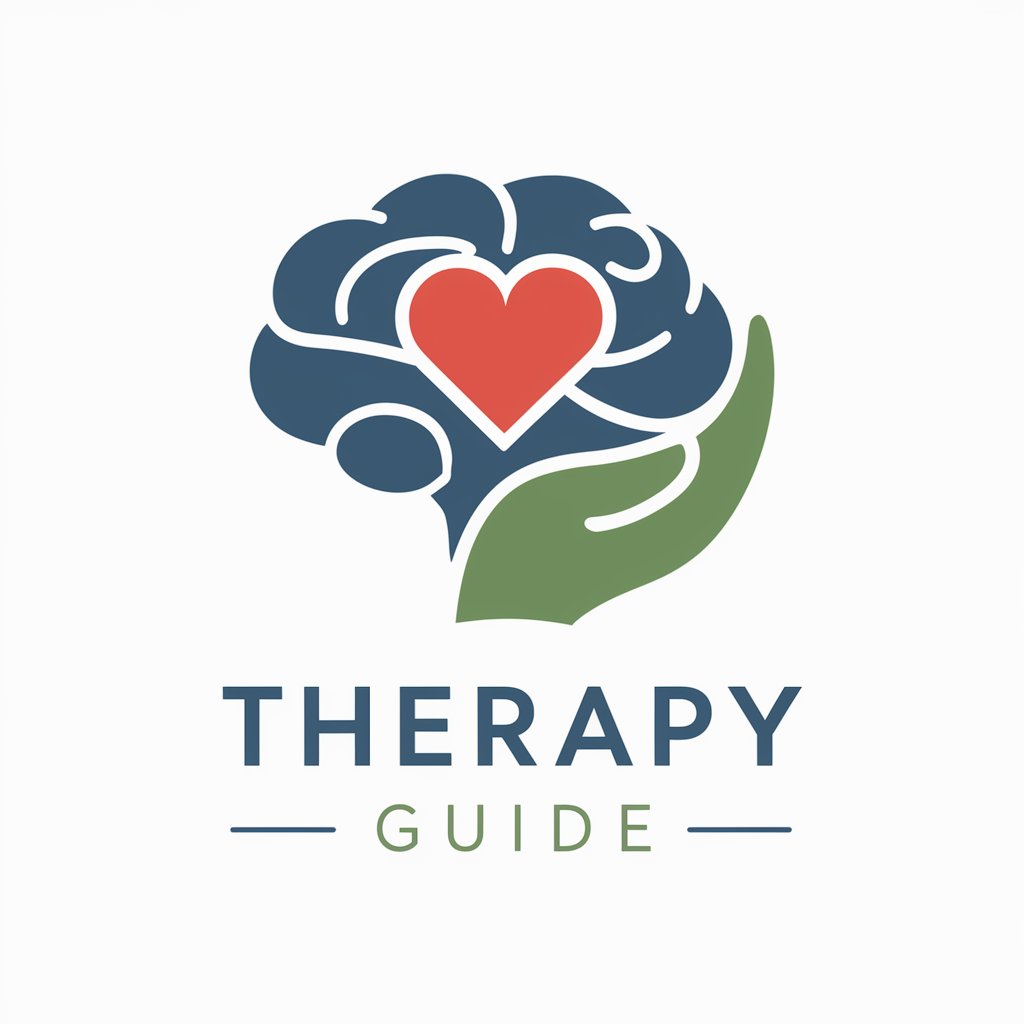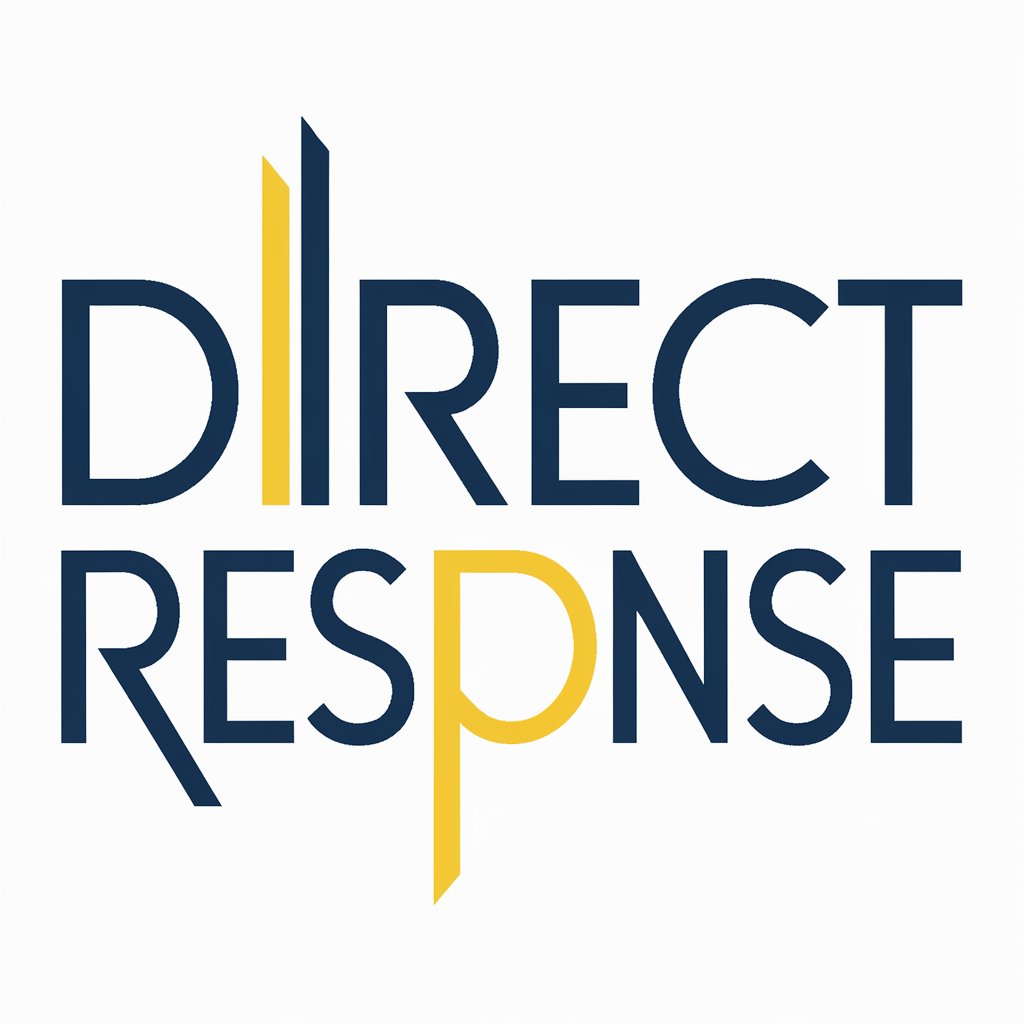
Mental Health Therapist - AI-powered SOAP Notes Creation

Welcome! Let's document today's therapy session in detail.
Streamlining Therapy Documentation with AI
Describe the client's current mood and any changes since the last session.
Document the therapeutic activities and techniques used during today's session.
Assess the client's progress towards their short-term goals and any obstacles faced.
Note any significant verbalizations from the client that highlight their thoughts or feelings.
Get Embed Code
Introduction to Mental Health Therapist
Mental Health Therapist is a specialized tool designed to assist in the structured documentation of mental health therapy sessions using the SOAP note format. It serves as a virtual guide for mental health professionals to document client interactions, therapeutic activities, assessments, and progress. The tool is built to streamline the note-taking process, ensuring comprehensive documentation of subjective client experiences, objective therapeutic interventions, clinical assessments, and treatment plans. Mental Health Therapist aids therapists in organizing session notes effectively, facilitating accurate assessment, treatment planning, and continuity of care. For example, it helps therapists record client verbalizations, track symptom reduction progress, and document therapeutic interventions in detail. Powered by ChatGPT-4o。

Main Functions of Mental Health Therapist
Structured Documentation with SOAP Notes
Example
During a therapy session, the therapist utilizes Mental Health Therapist to document the client's subjective experiences, objective observations, assessment findings, and the therapeutic interventions used. For instance, the subjective section may include the client's report of increased anxiety due to work-related stress, while the objective section documents the therapist's observation of fidgeting and rapid speech. The assessment section may analyze the client's coping skills, and the plan section outlines the strategies for stress management discussed in therapy.
Scenario
In a therapy session with a client experiencing depression, the therapist uses Mental Health Therapist to systematically record the client's mood fluctuations, thoughts of hopelessness, and participation in cognitive-behavioral therapy exercises. This structured documentation ensures a comprehensive overview of the client's progress and informs future treatment decisions.
Goal Setting and Progress Tracking
Example
Mental Health Therapist assists therapists in setting short-term goals with clients and tracking their progress over time. For instance, a therapist may set a goal with a client to reduce panic attacks frequency from five times per week to two times per week within a month. Mental Health Therapist helps track the frequency of panic attacks, the effectiveness of coping strategies, and any changes in symptom severity.
Scenario
In a therapy session focused on anxiety management, the therapist collaborates with the client to establish specific goals related to anxiety reduction and coping skill development. Throughout subsequent sessions, the therapist uses Mental Health Therapist to monitor the client's adherence to coping strategies and the reduction in anxiety symptoms, facilitating goal attainment and treatment effectiveness.
Assessment and Progress Evaluation
Example
Therapists utilize Mental Health Therapist to conduct ongoing assessments of client progress and evaluate the effectiveness of therapeutic interventions. For example, the therapist may assess changes in depressive symptoms using standardized rating scales such as the Beck Depression Inventory administered at regular intervals. Mental Health Therapist helps therapists analyze trends in symptom severity, identify areas of improvement, and modify treatment plans accordingly.
Scenario
In a therapy session addressing post-traumatic stress disorder (PTSD), the therapist administers trauma symptom inventories to assess the client's PTSD symptoms severity and functional impairment. Using Mental Health Therapist, the therapist documents changes in symptomatology, such as decreased hypervigilance and intrusive thoughts, over the course of therapy, facilitating ongoing evaluation and adjustment of treatment strategies.
Ideal Users of Mental Health Therapist
Licensed Mental Health Professionals
Licensed mental health professionals, including psychologists, licensed clinical social workers, counselors, and psychiatrists, are ideal users of Mental Health Therapist. These professionals benefit from the tool's structured approach to documentation, goal setting, and progress tracking, which enhances clinical efficiency, accuracy, and treatment effectiveness. Mental Health Therapist aids in maintaining thorough client records, ensuring compliance with ethical and legal standards, and facilitating communication with interdisciplinary treatment teams.
Mental Health Clinics and Private Practices
Mental health clinics and private practices that provide therapy services to clients can effectively utilize Mental Health Therapist to streamline their documentation processes, standardize treatment protocols, and optimize client care. By integrating Mental Health Therapist into their practice management systems, clinics and practices can improve workflow efficiency, enhance data security, and promote continuity of care. The tool enables practitioners to collaborate on treatment plans, share progress notes securely, and monitor client outcomes over time.
Educational Institutions and Training Programs
Educational institutions offering mental health counseling and therapy training programs can utilize Mental Health Therapist as a teaching tool to train future therapists in effective documentation practices, treatment planning, and outcome evaluation. By incorporating the tool into clinical training curricula, educators can prepare students for professional practice, instill best practices in clinical documentation, and foster critical thinking skills in therapeutic assessment and intervention.

How to Use Mental Health Therapist
Step 1
Visit yeschat.ai to start using Mental Health Therapist with a free trial, no login or ChatGPT Plus subscription required.
Step 2
Identify the type of SOAP notes you need to create; this could be for a clinical session, a therapy progress update, or client assessments.
Step 3
Enter the details of the therapy session in the provided template, focusing on the Subjective, Objective, and Assessment sections as guided.
Step 4
Use the structured input fields to input data, ensuring you capture all necessary details such as client communications, therapeutic activities, and client responses.
Step 5
Review the generated SOAP notes for completeness and accuracy before saving or printing them for your records or sharing with relevant parties.
Try other advanced and practical GPTs
Economic Educator
Unlock Economics with AI

Direct Response
Unlock knowledge with AI precision

Crossfit Nutrition Coach
Empower Your Fitness with AI-Driven Nutrition

Expand Text
Elevate Your Text with AI

Meeting Summary and Action Item Specialist
Efficient Meeting Summaries with AI-Power

To the point
Instant Answers, Powered by AI

Django Rest API
Empower Your Apps with AI-Driven APIs

Your Writing Assistant, Simplified
Refine Your Writing with AI Precision

UML state diagram generator
Visualize System Behavior with AI-Powered UML State Diagram Generator

JUCE Coder
Unlock AI-driven coding efficiency.

Search Internet
Unlock the power of AI-driven internet search.

Trial
Empowering communication through AI translation

Frequently Asked Questions about Mental Health Therapist
What is the primary purpose of Mental Health Therapist?
Mental Health Therapist is designed to aid mental health professionals in creating detailed SOAP notes. It structures the documentation of therapy sessions, focusing on client interactions, therapeutic activities, and assessments of client responses.
Can Mental Health Therapist recommend treatment plans?
No, Mental Health Therapist is specifically focused on the documentation aspect of therapy sessions and does not provide treatment planning or diagnostic tools.
Is Mental Health Therapist suitable for use in educational settings?
Yes, it is highly suitable for training and educational purposes, especially for students in psychology and counseling fields, as it helps them learn the structured process of documenting therapy sessions effectively.
How does Mental Health Therapist ensure privacy and security of the data entered?
While I do not store or process data, users should ensure they comply with local regulations regarding data privacy and security when using tools like Mental Health Therapist in their practice.
What are some tips for optimizing the use of Mental Health Therapist?
Ensure clarity and detail in the input to maximize the utility of the SOAP notes generated. Regularly updating the software and familiarizing yourself with its features can also enhance efficiency and accuracy.